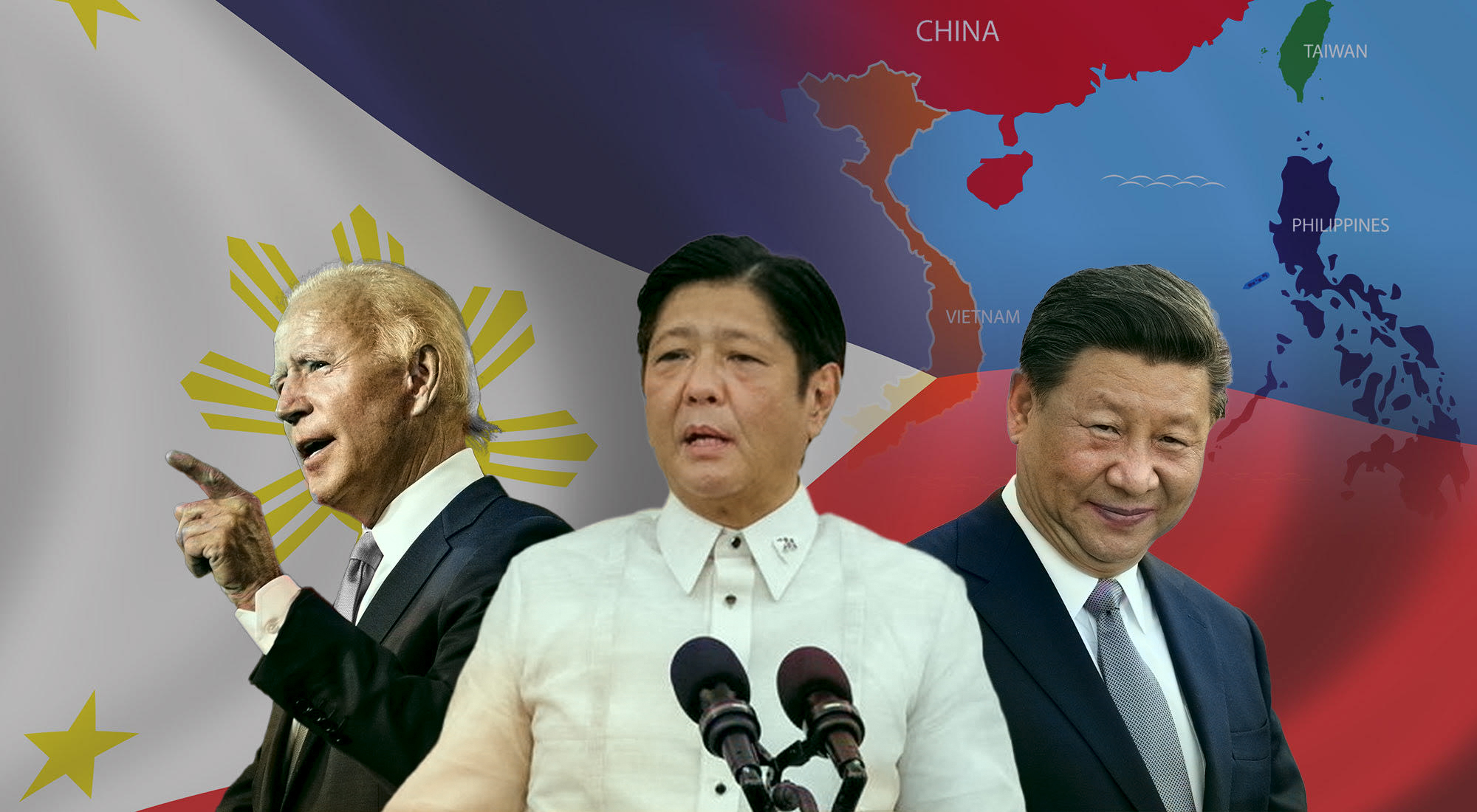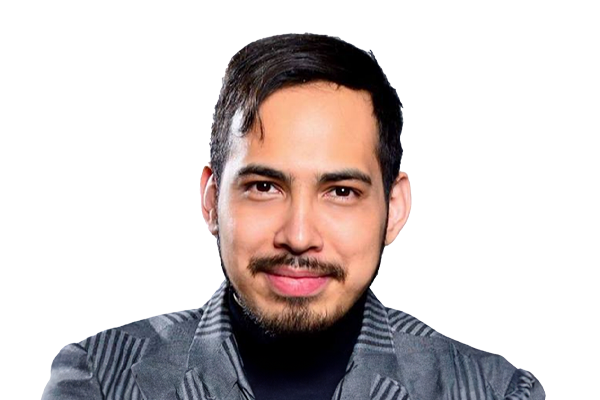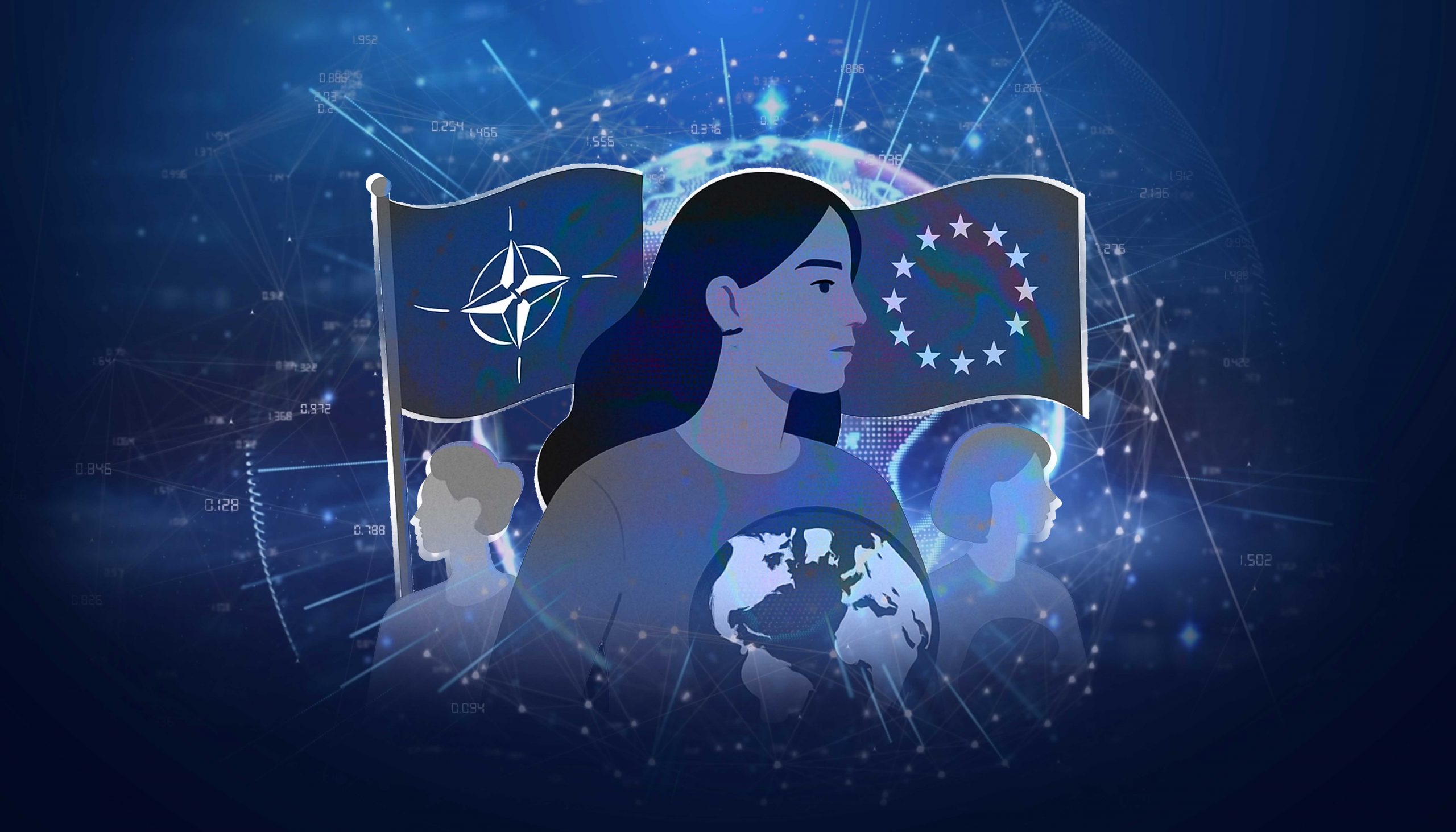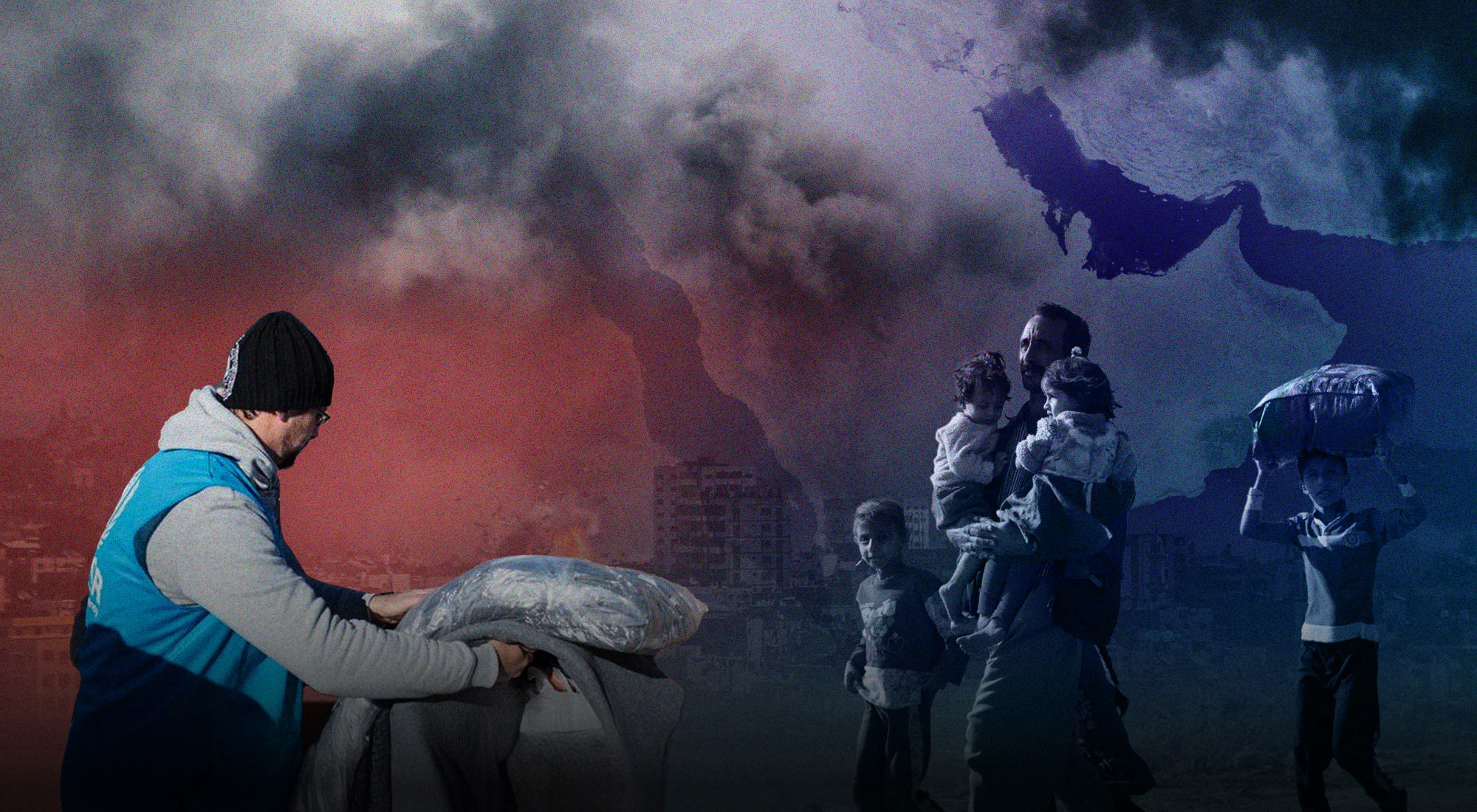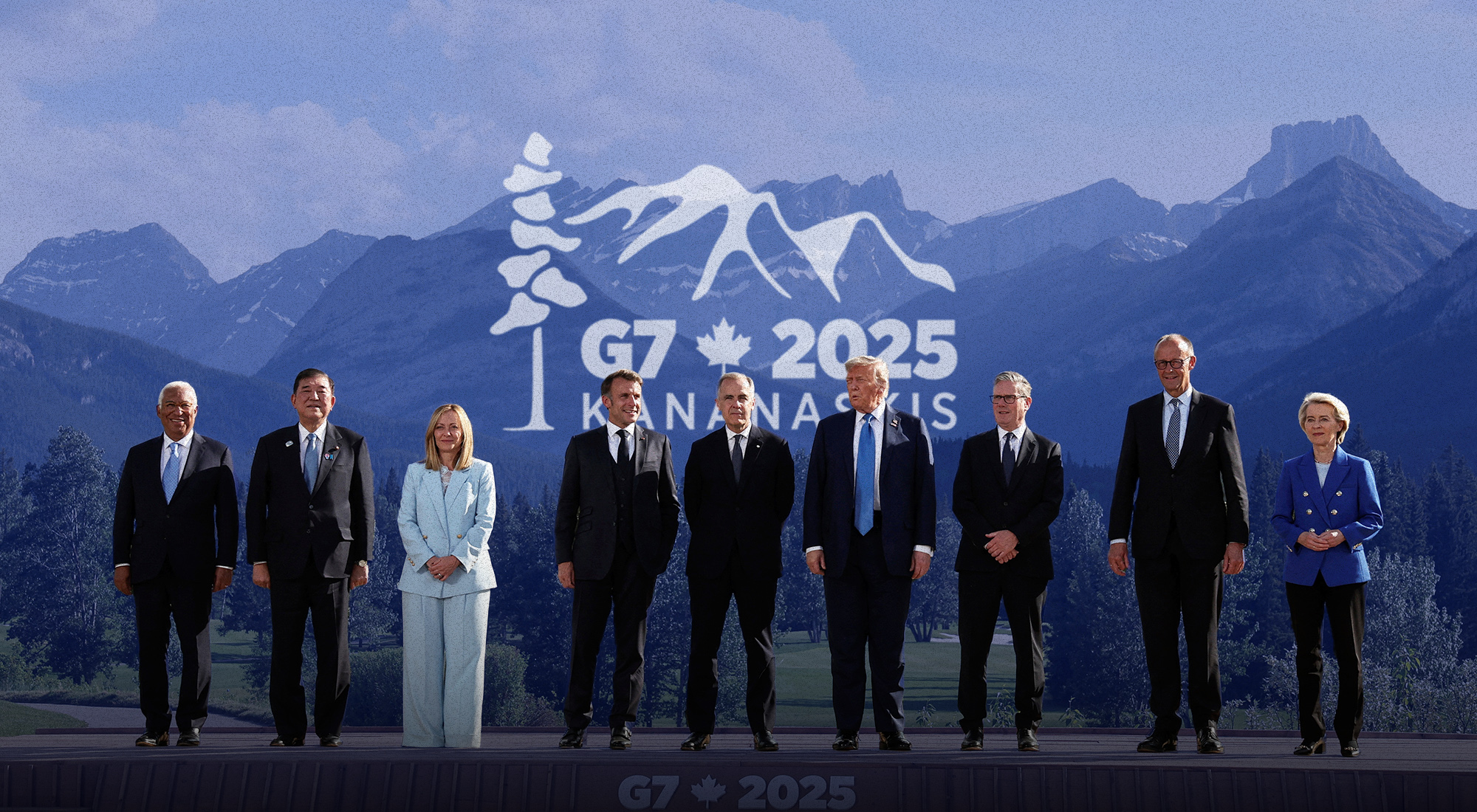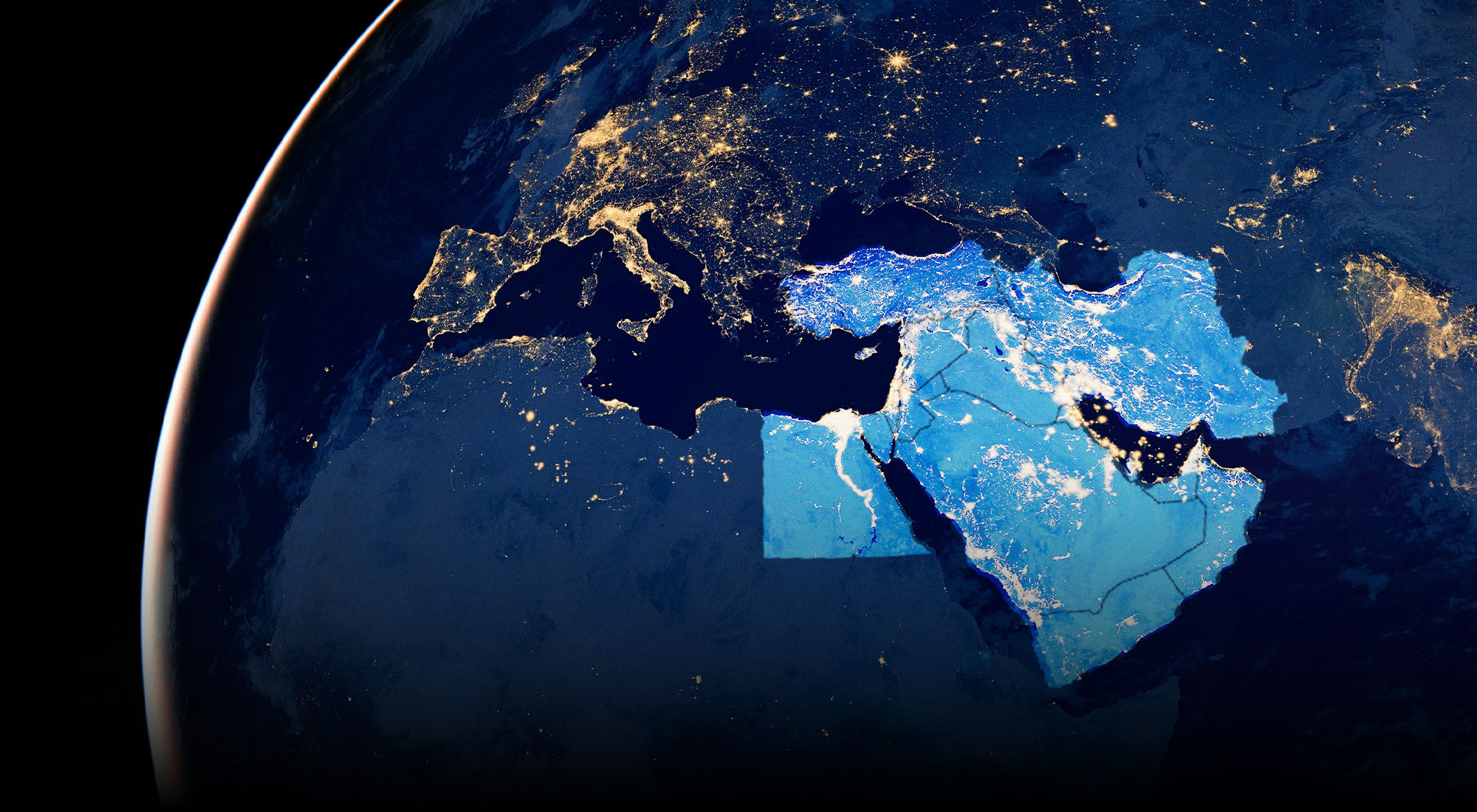“We seek friendship with all [nations],” declared Ferdinand Marcos Jr. upon his inauguration as the 17th president of the Republic of the Philippines. “We are presently drawing up a comprehensive, all-inclusive plan for economic transformation. We will build back better,” he added, emphasizing how post-pandemic recovery and national development will be central to his policy agenda.[1]
Almost four decades after the downfall of the Marcos regime (1965-1986), the namesake son of the former Filipino strongman has now reassumed the reigns of the Philippines. Earlier this year, Marcos Jr. became the only contemporary Filipino president to win a majority of votes (58 percent) in the country’s single-round, first-past-the-post political system. Promising “unity” and a new era of economic prosperity, the former senator and vice-presidential candidate managed to win across all major demographics and socio-economic classes.[2]
Throughout the campaign, Marcos Jr. at once projected an avuncular friendly image, which appealed to the younger voters, while also emphasizing the legacy of his strongman father, which appealed to elder voters nostalgic for the supposedly good old days. “We resisted and never failed to defeat foreign attempts to break up our country in my father’s watch. His strongest critics have conceded that,” Marcos Jr. stated, referring to his father’s proactive foreign policy at the height of the Cold War.[3]
The inauguration speech, which was largely delivered in English rather than Filipino, was clearly targeted towards the international audience. Among those in attendance at Marcos Jr.’s inauguration ceremony were no less than Australia’s Governor-General David Hurley, China’s Vice-President Wang Qishan, US Second Gentleman Douglas Emhoff and Japanese Foreign Minister Yoshimasa Hayashi. Taking a page from his father’s strategic playbook, the new Filipino president has signaled a multi-vectoral foreign policy, which transcends both the Beijing-friendly foreign policy of former president Rodrigo Duterte as well as the US-dependent foreign policy of past Filipino presidents.[4]
At once, the new Filipino leader has described China as the Philippines’ “most important” strategic partner, while taking a tougher stance on his country’s disputes with the Asian powerhouse. Meanwhile, Marcos Jr. has welcomed a reboot in frayed strategic relations with the US after holding conversations with three high-level US officials, including US President Joseph Biden, weeks before even assuming the presidency. Moreover, the new Filipino president has appointed veteran diplomats and generals to lead his top cabinet positions, underscoring his commitment to a calibrated, mature and dynamic foreign and defense policy in the coming years. Recognizing his country’s centrality to regional geopolitics, Marcos Jr. is likely overseeing a once-in-a-generation reboot in Philippine policy towards the great powers, namely the US and China.
The ties that bind
In fairness, Marcos Jr. displayed some element of fidelity to the strategic legacy of his predecessor. During the 2022 presidential elections, he was the only candidate to openly back the Beijing-friendly foreign policy of outgoing president Rodrigo Duterte. “The policy of engagement which the Duterte government is implementing, although it is criticized, it is the right way to go. Because whatever we do, we can’t go to war,” said Marcos Jr. ahead of his presidential bid last year. “We don’t want to do that, I don’t think the Chinese want to go to war with us. Certainly, we don’t want to go to war with China,” he continued, effectively parroting Duterte’s rhetoric on China, which reduced the Philippines’ options to either suicidal war or diplomatic capitulation.[5]
After all, Marcos Jr., who teamed up with presidential daughter and new vice-president Sara Duterte, was the de facto administration candidate, thus there was little incentive to contradict the incumbent on key policy issues. More crucially, however, the Marcoses also have deep political and commercial linkages with China. To begin with, the late Filipino strongman Ferdinand Marcos was among the first American treaty allies to open communications channels and establish formal relations with Maoist China in the mid-1970s. In fact, Marcos was accompanied by his entire family, including his heir-apparent son, during his fateful visit to Beijing in 1975, where the Filipino First Family personally met the Chinese paramount leader Mao Zedong, who warmly received his guests from Manila.[6]Even after the overthrow of the Marcos regime in the mid-1980s, his family – who returned to the country following a few years of luxurious exile in Hawaii – managed to re-establish themselves as the overlords of the northwestern Philippine province of Ilocos Norte. Over the next three decades, the Marcoses cultivated robust diplomatic and economic ties with China. Later on, Ilocos Norte would be incorporated into Beijing’s emerging Maritime Silk Road Initiative (MSRI), which cuts across much of Southeast Asia and the broader Indian Ocean.[7]
Against the backdrop of half-a-century-old relations, Chinese Ambassador to the Philippines Huang Xilian has openly fawned over Marcos Jr. ahead of his presidential victory. During their meeting last year, the Chinese diplomat constantly made references to the deep history between China and the Philippines, even pointing to photographs on the wall of historic moments between the two sides, one of which “depicted the historic scene of then Chinese Premier Zhou Enlai and then Philippine President Ferdinand E. Marcos signing the Joint Communique on the Establishment of Diplomatic Relations between [the] two counties on June 9, 1975.”[8]
Following his election victory, the new Filipino president did not disappoint his guests. In a speech before the Association for Philippines-China Understanding (APCU) in June, now President-elect Ferdinand Marcos Jr. described China as his country’s “strongest partner”.[9] While emphasizing his commitment to developing a wide network of “partnerships and alliances” to enhance national interests, the new Filipino leader singled out Beijing as a crucial partner in “keep[ing] the stability of [their] economic recovery” amid the COVID-19 pandemic.[10] Over the past year, Marcos Jr. has repeatedly emphasized his commitment to expanding his predecessor’s “Build, Build, Build” infrastructure development initiative, which carries a tag price of $100 billion, in order to create jobs and boost economic growth.[11]
The infrastructure needs are staggering. According to the Philippine Department of Public Works and Highways (DPWH), only 12 out of 119 infrastructure flagship projects (IFP) of the Duterte administration have been finalized so far, thus the new Filipino president inheriting as many as 88 big-ticket infrastructure projects.[12] The problem, however, is that the Philippines is facing a fiscal crunch, following five quarters of economic contraction between 2020-2021 as well as a 20 percent increase in national debt last year, which has now reached a 16-year high as a share of national Gross Domestic Product (GDP).[13] This means that Marcos Jr. will inevitably have to seek financing assistance from China, especially under the Belt and Road Initiative (BRI).
Course correction
Unlike his predecessor, who constantly emphasized economic engagement rather than geopolitical confrontation with Beijing, Marcos Jr. has taken a far tougher stance on the Philippines’ maritime disputes with China in recent months. During the elections, for instance, he vowed to protect Philippine waters and fishermen by promising to, if necessary, deploy warships to the disputed areas in order to “show China that we are defending what we consider our territorial waters.”[14] After winning the presidency, he projected a patriotic image by emphasizing his commitment to uphold the Philippines’ South China Sea arbitration award victory against China, stating: “We will use [the arbitration award] to continue to assert our territorial rights. It’s not a claim, it is already our territorial right and that is what the arbitral ruling can do to help us.”[15]
While reiterating his preference for diplomatic engagement, he stated that “we [will] talk to China, consistently [but] with a firm voice,” and in his toughest foreign statement yet, declared that “we will not allow a single square millimeter of our maritime coastal … rights to be trampled upon.”[16] Critics, however, have tried to dismiss Marcos Jr.’s tough statements as empty posturing, if not a deliberate attempt to conceal supposedly deep-seated entwinement with Beijing. There are, however, four reasons to expect the new Filipino president to be far more assertive as well as balanced in his foreign relations.
To begin with, Marcos Jr., unlike his anti-Western predecessor, holds no personal grudges against Washington or any major traditional ally. If anything, the Marcoses, including the president and his immediate family, are products of Western education and culture. Marcos Jr. and his first son, Sandro, went to boarding school in the United Kingdom, where they pursued tertiary education in Oxford and the London School of Economics, respectively. The First Lady, Liza, was educated in New York University, while Marcos Jr.’s sister, Imee, and two younger sons, are all products of Western education. This partly explains why the new Filipino president chose Australia for his first family vacation destination shortly after winning the presidency. In contrast, Duterte, who bemoaned Western colonial legacy and repeatedly threatened to end his country’s alliance with Washington, refused to visit a single Western capital throughout his six years in power.[17]
And this brings us to the second factor, namely Marcos Jr.’s preference for maintaining robust strategic and commercial ties with the West, including joining Washington’s newly-launched Indo-Pacific Economic Framework.[18] In his first major press conference, the new Filipino president publicly emphasized how US President Joseph Biden was the first foreign leader to congratulate him upon his victory. Ahead of his inauguration in late-June, Marcos Jr. had personally met at least two high-level US officials, including Deputy Secretary of State Wendy Sherman, who reassured the new Filipino president that he would enjoy sovereign immunity from any outstanding court cases in the US. Currently, the Marcoses face multiple corruption and human rights violation-related charges in US courts.[19] Unlike Duterte, who preferred strategic ties with China and Russia over the West, Marcos Jr. met dignitaries from traditional allies as well as new strategic partners, such as India, only days after winning the presidency.
The third element, meanwhile, is his father’s shadow. Ferdinand Marcos (1965-1986) adopted a ‘multivector’ foreign policy doctrine, which views “foreign relations through a framework based on a pragmatic, non-ideological foundation,” thus emphasizing “mutually beneficial cooperation” as well as “the development of friendly and predictable relations with all states that play a significant role in world affairs and are of practical interest to the country.”[20] At once, Marcos developed robust ties with both the West and the Soviet Union, in order to enhance his strategic autonomy and extract concessions from rival powers.[21]
Moreover, Marcos Sr. adopted a proactive policy in the South China Sea, including the establishment of one of the first major military facilities and the building of an airstrip in the Spratly group of islands. He also relied on seasoned strategists and diplomats, such as Carlos P. Romulo, to oversee the daily conduct of foreign affairs. Following his father’s footsteps, Marcos Jr. has also appointed veteran diplomats and generals to oversee his foreign and defense policy, even if this means potentially alienating allies, such as the Dutertes, who eyed the national defense post.[22]
Finally, the new Filipino president also faces structural constraints in terms of his foreign policy, namely widespread anti-China sentiments among the defense establishment as well as the broader public. While the Filipino elite and masses initially supported Duterte’s strategic outreach to China, they have been deeply disappointed with festering disputes in the South China Sea as well as Beijing’s non-fulfillment of its large-scale investment pledges.[23] As Benjamin Diokno, Marcos Jr.’s finance minister and Duterte’s budget secretary, admitted, “there were a lot of promises [of large-scale investments] but much was not delivered” by China.[24] As a result, China’s trust rating, which reached -36 percent in 2020, has been at historic-lows in recent years.[25] Overall, Marcos Jr. will likely pursue a multi-vector foreign policy, which pursues maximum possible cooperation with all major powers, without excessive reliance on either the US or China.
References
[1] For the full inauguration speech, see https://pcoo.gov.ph/presidential-speech/speech-of-president-ferdinand-bongbong-romualdez-marcos-jr-during-his-inauguration/.
[2] Richard Javad Heydarian, “The Return of the Marcos Dynasty,” Journal of Democracy 33, no. 3, pp. 62-76.
[3] For the full inauguration speech, see https://pcoo.gov.ph/presidential-speech/speech-of-president-ferdinand-bongbong-romualdez-marcos-jr-during-his-inauguration/.
[4] For an analysis of “multi-vectoralism” in international affairs, see Rachel Vanderhill, Sandra F. Joireman and Roza Tulepbayeva, “Between the Bear and the Dragon: Multivectorism in Kazakhstan as a Model Strategy for Secondary Powers,” International Affairs 96, no. 4 (July 2020): 975–993, https://doi.org/10.1093/ia/iiaa061.
[5] Frances Mangosing, “Bongbong Parrots Duterte on West PH Sea: We Don’t Stand a Chance vs China,” Inquirer.net. September 24, 2021, https://newsinfo.inquirer.net/1492366/bongbong-parrots-duterte-on-west-ph-sea-we-dont-stand-a-chance-vs-china.
[6] “Mao Welcomes Marcos and His Family,” The New York Times, June 8, 1975, https://www.nytimes.com/1975/06/08/archives/mao-welcomes-marcos-and-his-family.html.
[7] Aaron Jed Rabena, “The Complex Interdependence of China’s Belt and Road Initiative in the Philippines,” Asia & the Pacific Policy Studies 5, no. 3 (August 2018): 685, https://doi.org/10.1002/app5.257.
[8] “Chinese Envoy Fawns over Marcos Jr. in Embassy Event,” ABS-CBN News, October 20, 2021, https://news.abs-cbn.com/news/10/20/21/chinese-envoy-fawns-over-marcos-jr.
[9] Anna Felicia Bajo, “Marcos Calls China ‘Our Strongest Partner’,” GMA News, June 10, 2022, https://www.gmanetwork.com/news/topstories/nation/834541/marcos-calls-china-our-strongest-partner/story/.
[10] Anna Malindog-Uy, “BBM’s Foreign Policy And China Relations,” The Asean Post, June 19, 2022, https://theaseanpost.com/opinion/2022/jun/19/bbms-foreign-policy-and-china-relations.
[11] Jason Castaneda, “Marcos to Tap China’s Assistance for Economic Recovery,” Asia Times, June 20, 2022, https://asiatimes.com/2022/06/marcos-to-tap-chinas-assistance-for-economic-recovery/.
[12] Ted Cordero, “DPWH: 12 out of 119 Build, Build, Build Projects Completed,” GMA News, April 27, 2022, https://www.gmanetwork.com/news/money/economy/829909/dpwh-12-out-of-119-build-build-build-projects-completed/story/.
[13] L.W.T. Noble, “Philippines Faces Risks from Mounting Debt — Analysts,” Business World, February 22, 2022, https://www.bworldonline.com/top-stories/2022/02/22/431422/philippines-faces-risks-from-mounting-debt-analysts/.
[14] “Philippines’ Marcos Jnr Wants Military Presence to ‘Defend’ South China Sea Waters,” South China Morning Post, February 15, 2022, https://www.scmp.com/news/world/article/3167178/philippines-marcos-jnr-wants-military-presence-defend-south-china-sea.
[15] Raissa Robles, “South China Sea: Marcos Says He Won’t Allow Philippines’ Rights to Be Trampled Upon,” South China Morning Post, June 1, 2022, https://www.scmp.com/week-asia/politics/article/3179906/south-china-sea-marcos-says-he-wont-allow-philippines-rights-be.
[16] Ibid.
[17] Richard Javad Heydarian, “The Return of the Marcos Dynasty,” Journal of Democracy 33, no. 3, pp. 62-76.
[18] Andreo Calonzo and Ditas B. Lopez. “Marcos Wants ‘Trade, Not Aid’ From US, Open to Economic Pact,” Bloomberg, May 23, 2022, https://www.bloomberg.com/news/articles/2022-05-23/marcos-jr-wants-trade-not-aid-from-us-open-to-economic-pact.
[19] Lian Buan, “Marcos Jr. Continues to Evade $353-Million Contempt Judgment of US Court,” Rappler, January 13, 2022, https://www.rappler.com/nation/bongbong-marcos-evades-millions-dollars-contempt-judgment-united-states/.
[20] Rachel Vanderhill, Sandra F. Joireman and Roza Tulepbayeva, “Between the Bear and the Dragon: Multivectorism in Kazakhstan as a Model Strategy for Secondary Powers,” International Affairs 96, no. 4 (July 2020): 975–993, https://doi.org/10.1093/ia/iiaa061.
[21] Joseph Scalice, “Cadre as Informal Diplomats: Ferdinand Marcos and the Soviet Bloc, 1965–1975,” History and Anthropology, June 2021, https://doi.org/10.1080/02757206.2021.1946053.
[22] Kyle Atienza, “Sara Ditches Preferred Defense Post to Avoid Stability ‘Intrigues’,” Business World, May 12, 2022, https://www.bworldonline.com/the-nation/2022/05/12/448199/sara-ditches-preferred-defense-post-to-avoid-stability-intrigues/.
[23] Yen Nee Lee, “Four Years On, Philippine President Duterte Is Still Struggling to Show the Benefits of Being Pro-China,” CNBC, September 7, 2020, https://www.cnbc.com/2020/09/08/philippine-president-duterte-fails-to-produce-results-from-pro-china-stance.html.
[24] Sundy Locus, “Diokno: China Fell Short of Vow to Help Finance ‘Build, Build, Build’,” GMA News, May 28, 2022, https://www.gmanetwork.com/news/topstories/nation/833121/diokno-china-fell-short-of-vow-to-help-finance-build-build-build/story/.
[25] Sofia Tomacruz, “Filipinos’ Trust in China Falls to ‘Bad’ as US Keeps ‘Good’ Rating,” Rappler, July 21, 2020, https://www.rappler.com/nation/filipinos-trust-ratings-china-us-sws-survey-july-2020/.



